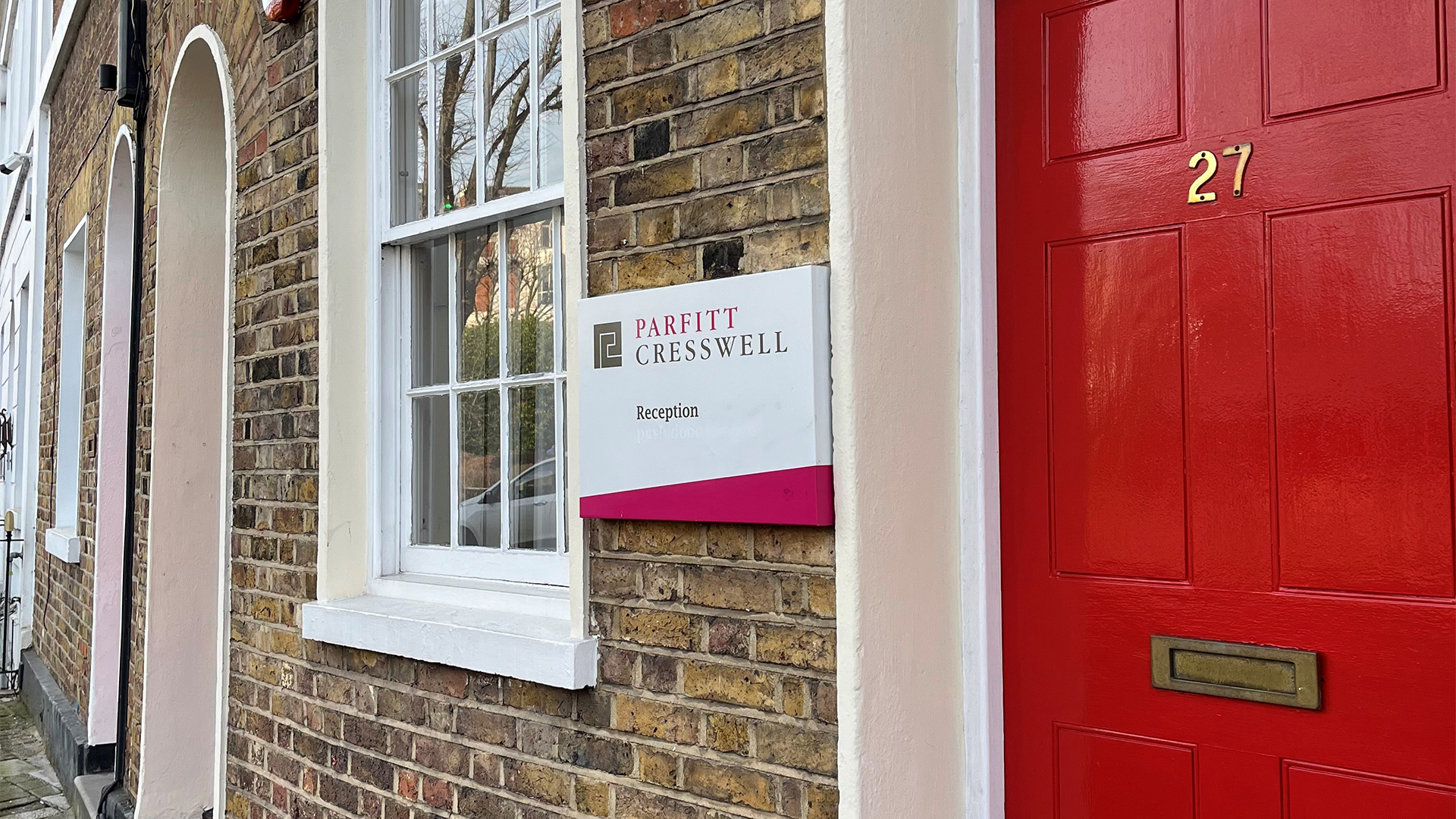
By Andrew Titmus, Partner, Solicitor, and Head of Estate Planning, Trusts & Tax at Parfitt Cresswell Solicitors
Inheritance Tax (IHT) has been the subject of a lot of media and online discussion; some of it inaccurate. What are the changes and how are they likely to impact you, your family and business?
Summary
The 2024 Autumn Statement, whilst perhaps less aggressive than initially feared, has still included some dramatic changes to the IHT landscape that will affect many people. The big changes, from an estate planning perspective, are to pensions and business/agricultural property, with knock-on effects on other provisions.
In essence, IHT is a tax on gifts and discourages the accumulation of very large amounts of wealth with few individuals. It also encourages people to start devolving their assets to their heirs early.
As with many taxes, and especially when the general rate is so high (40%), the rules seem excessively complicated as they have arisen through the usual ‘cat and mouse’ approach between taxpayers minimising their liabilities and HMRC/the Government implementing restrictions. The latest changes are still very new, and we have not yet seen the legislation that will support them, so the landscape will continue to change over time.
Pensions
The biggest and most sweeping change with IHT will be to bring pension pots back into account for IHT. There is a lot of history with pensions and tax, so this change is not unprecedented. Prior to April 2015 there was a tax charge of 55% on unused pension pots for those dying over the age of 75. This changed in April 2015 so that the pension pot was subject to the beneficiary’s marginal rates of tax of 45% when drawing the lump sum.
However, the last Government encouraged pension savings by removing the lifetime allowance, and pension funds in excess of £1m are no longer unusual.
By introducing the IHT change on pensions, the Government has not consolidated the taxes but introduced an additional tax. The result being that a £1m pension fund could be subject to 40% IHT and then, additionally, up to 45% income tax when drawn down by the beneficiary. That would mean it would be subject to £400,000 of IHT and potentially £270,000 of income tax if drawn as a capital sum – an effective rate of 67%. Whilst many people will suffer lower rates than this, the impact is potentially dramatic.
The other side of this change is the impact on the IHT within the estate. When the Government introduced the Residence Nil Rate Band (RNRB) in 2017 – the additional nil rate band of up to £175,000 each where a home is left to descendants, they included a taper of £2m on the value of the estate beyond which this RNRB is reduced.
Currently, we see many estates in our region (the South East) just below £2m or where only a small amount of taper is applied to the RNRB. However, once unspent pension pots are included as part of the estate, far more estates will likely suffer the loss of the RNRB. This will raise the effective rate of the tax on the estate even further, making the latest changes some of the largest for inheritance tax in a long time.
Planning points
For those with large pension pots already in place, they may start to consider drawing from them earlier and making larger lifetime gifts rather than arranging for the remaining pot to pass on death.
For those who might only have continued paying into a pension for the potential IHT saving, there may be some scope for more regular gifts from excess income – perhaps paying into children’s pensions – which could prevent making the IHT position worse.
Business and Agricultural Property Relief
Historically, we have seen 100% IHT relief on business assets and the agricultural value of farming assets. This has been an enormously valuable relief for many people over the years but, critically, allowed family businesses and farms to pass down the generations without being stymied by IHT.
Following the Autumn Statement, we now know that this position will change from next year (April 2026). Thereafter, only the first £1m of the value of the assets (both business and agricultural combined) will be relieved from IHT at 100%. The value in excess of that will then be taxed at half of the normal IHT rate (20%). Some anti-avoidance mechanisms were also put in place following the budget in relation to trusts in order to prevent trusts being set up immediately to capture the benefit of the unlimited relief.
Moving forward, there will be a need for more careful planning of the handing down of the family business. Many families will want to consider passing the value on earlier and surviving the 7-year period from the gift.
Much more thought will need to be given to the impact of inheritance tax for businesses and farms as well. Many family businesses are not run with large amounts of unused cash (cash without business purposes would not benefit from IHT relief either) and the impact of a large IHT bill in the estate could mean that a business might need to be sold in order to satisfy the gifts in a Will. Life-insurance has been used historically to address IHT issues and may still be appropriate where it is practical but, with an ageing population and parents continuing to run their businesses until much later in life, insurance may not be affordable.
We are likely to see some more creative arrangements of family business and farming assets to avoid some of the impact of IHT and the legislation will no doubt adapt over time. However, seeking advice and planning earlier is likely to be even more critical.
Conclusion
IHT is a critical tax for families looking to pass wealth down through generations and for many business owners. The changes to inheritance tax are not entirely surprising as the new government is targeting wealth. We are already seeing higher-net-worth clients leaving the UK to friendlier jurisdictions, which is not helpful for the economy, but not everyone is in a position to become a tax exile.For high-net-worth individuals, understanding and adapting to these changes is essential to minimise the tax burden whilst still ensuring your wishes are followed.
























